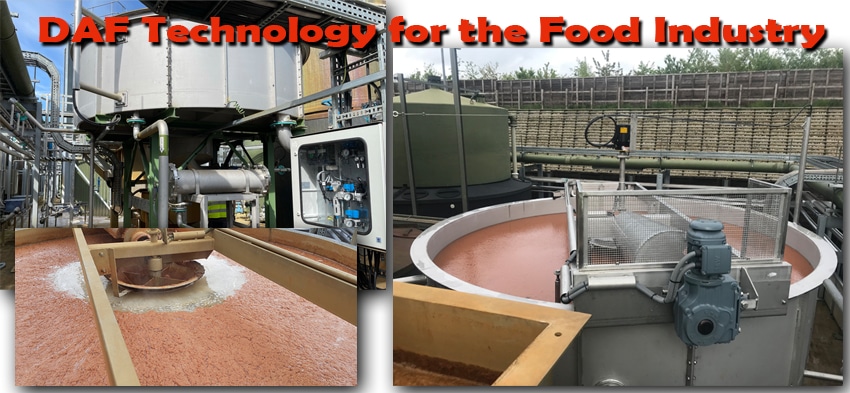
In an era where innovation drives progress, the food industry is at the forefront of adopting cutting-edge technologies that enhance operational efficiency, sustainability, and regulatory compliance. Dissolved Air Flotation (DAF) is a pivotal solution for wastewater treatment for the food industry in New Zealand.
JIPL works with the KWI Group, global leaders in water and wastewater treatment technologies, to provide cost-effective wastewater treatment in New Zealand.
KWI worldwide experts in DAF technology, provide advanced systems tailored for the food industry. Their solutions are designed for a range of applications, from primary wastewater treatment to recovery and recycling processes. KWI systems are known for their efficiency, reliability, and ease of operation.
Different effluent requires different technology for effective treatment, and the KWI Group offers an extensive range of solutions to meet every customer’s unique requirements.
KWI’s specialised DAF systems are meticulously designed to answer the diverse needs of the food industry. These systems range from primary wastewater treatment to sophisticated recovery and recycling processes. Renowned for their high efficiency, reliability, and user-friendly operation, KWI’s DAF solutions represent a significant leap forward for food processing facilities looking to optimize their wastewater management practices.
By integrating KWI’s advanced DAF technology, food industry players in New Zealand and beyond are not only elevating their environmental stewardship but also enhancing their overall productivity and operational excellence.
Dissolved Air Flotation is a water treatment process that clarifies wastewater by removing suspended matter such as oil, solids, or other contaminants. It works by dissolving air in the water under pressure and then releasing it at atmospheric pressure in a flotation tank. The released air forms tiny bubbles that adhere to the suspended matter, causing it to float to the surface where it can be mechanically removed.
Applications in the Food Industry
Effluent Treatment: DAF systems are highly effective in treating wastewater from various food processing activities. They efficiently remove organic loads, suspended solids, fats, oils, and greases (FOG), which are common by-products in food processing.
Product Recovery: In some food processing operations, valuable products can be lost in the wastewater stream. DAF systems can recover these products, improving yield and reducing waste.
Water Recycling: Water scarcity and environmental regulations are pushing the food industry towards sustainable practices. DAF systems can purify and recycle water, reducing the overall water footprint of food processing facilities.
Benefits of Using KWI DAF Systems
High Efficiency: KWI’s DAF systems offer superior separation performance, ensuring effective removal of contaminants.
Low Operational Costs: These systems are designed for minimal maintenance and operational ease, translating into lower costs.
Customization: KWI offers customized solutions based on the specific needs of a food processing facility, ensuring optimal performance.
Environmental Compliance: By efficiently removing pollutants, KWI’s DAF systems help food processing plants comply with stringent environmental regulations.
Case Studies and Success Stories
KWI has consistently delivered impressive results in the food industry, an example is its project at Pennine Foods Derbyshire, a prominent frozen food producer. Here KWI installed the Minicell MNC 12, a comprehensive solution for primary effluent treatment following initial balancing and screening. This installation has demonstrated remarkable efficiency, evident in its substantial reduction of various effluents: over 90% in suspended solids, more than 50% in Chemical Oxygen Demand (COD), and above 80% in Fats, Oils, and Grease.
Conclusion: Redefining Wastewater Management in the Food Industry
The adoption of Dissolved Air Flotation (DAF) technology, particularly through KWI’s advanced systems, is revolutionizing wastewater management in the food industry. DAF systems do more than address the immediate challenges of wastewater treatment; they pave the way for resource recovery and sustainable operations. As the food industry continues to grow and evolve, DAF technology, with its blend of efficiency and environmental stewardship, is set to play an increasingly vital role in ensuring a balance between industrial demands and ecological responsibility.
